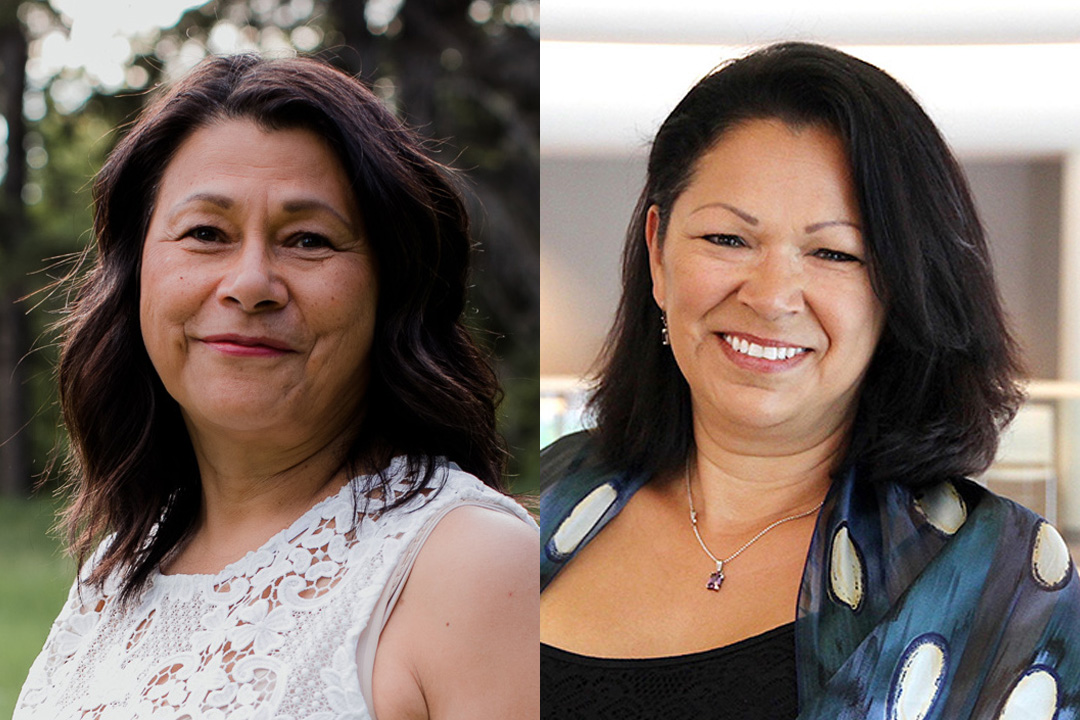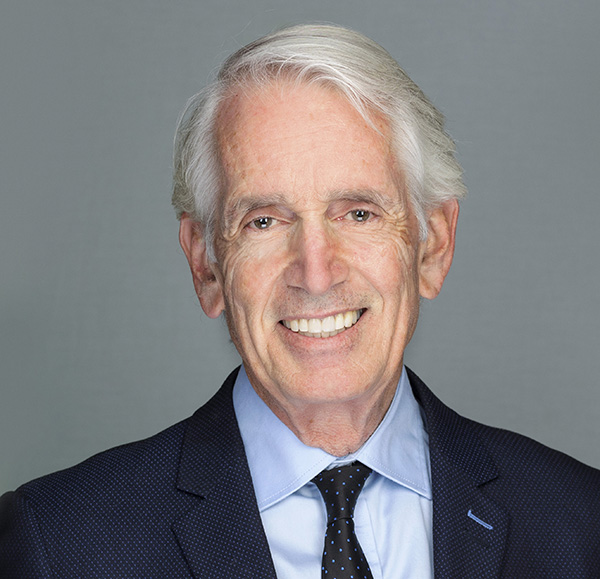
USask senior leaders embracing anti-racism/anti-oppression education
For 35 years, Dr. Verna St. Denis (PhD) has been leading anti-racism and anti-oppression instruction in teacher education at the University of Saskatchewan (USask).
By James ShewagaFor the first time, she feels like she is finally being heard at the highest levels of the institution, with a chance to make a difference.
“For me, it’s a passion that I have had my whole life, my whole career, and I have been in the academy as a student and as a faculty member since 1978,” said St. Denis, a professor in educational foundations who is co-leading anti-racism/anti-oppression education for USask’s senior leadership team for the first time after being appointed special advisor to the president last year. “This is what is so important to me.
“There is literature that is starting to come out – a framework for what we need to do to have an anti-racist university – and it is validating because it’s what we have started. Scholars recommend that you have to start with the leadership, and we are doing that. And to the best of our knowledge, other universities have not done this with senior leadership … So it’s a good start, but we need to do more.”

USask President Peter Stoicheff has started at the top, requiring all senior leaders – vice-presidents, deans, executive directors, etc. – to join him in taking the anti-racism/anti-oppression education, following up on his recent pledge that “words alone are an insufficient response.”
“Our senior leadership team is committed to doing whatever is required to make our university a more inclusive, safe and supportive place for all students, staff and faculty members,” said Stoicheff. “These anti-racism/anti-oppression sessions have had a powerful impact on all of us and have provided us with a new understanding of the challenges and the responsibilities we face to make a difference in our leadership capacity. We are committed to leading the conversation and to making the changes that are necessary to turn education into action, in order to build a more equitable, diverse and inclusive campus, community, and world.”
The senior leadership education led by St. Denis and Liz Duret – USask’s senior diversity and inclusion consultant – is one of a number of university initiatives designed to help make campus a more inclusive and welcoming place for all students, staff and faculty. USask has adopted a new Indigenous Strategy, and is finalizing its Equity, Diversity and Inclusion Strategy and Action Plan, as well as expanding unconscious bias training, and enhancing discrimination and harassment prevention services.
For Duret, it is empowering to see the university’s senior leaders commit to the process, and set the example for the campus community to follow.
“We are at the infancy stage in doing this work, and starting at the highest level sets the tone and demonstrates the priority of this work and hopefully we will see this filter down throughout the institution,” said Duret. “After twenty-some years of doing equity and justice work, it is rewarding to have the doors opened and people being receptive to this work. Although challenging, the leaders are leaning in and engaging.”
St. Denis and Duret and their team are currently providing education and training to approximately 45 members of USask’s Senior Leadership Forum (SLF) and the President’s Executive Council (PEC), with the eight-module sessions set to conclude in June when all senior leaders will present to their cohorts a framework and a plan going forward to build and lead an anti-racist university.
“Our sessions began with introductory knowledge about race, racism and anti-racism and then we provide opportunities for senior leaders to develop their own literacy and fluency to talk openly about these issues,” said St. Denis. “The goal is to support them in developing an anti-racism lens that will influence their leadership and decision-making.”
Both Duret and St. Denis know how difficult it can be to talk about racism. Being comfortable with these conversations requires creating a safe environment, and trust between and with the facilitators and other participants, according to Duret.
“When you create psychological safety and bring people together, it’s not about a destination, it’s about the journey,” said Duret. “It’s about being self-reflective, being open, courageous and brave enough to lean into these conversations. And I think the engagement, feedback we have received, and the discussions, tells us that the people in the room are learning and hopefully we will see meaningful, sustainable changes as a result of this work.”
St. Denis knows it will take time to address issues and implement fundamental changes that make a difference on campus and in communities, but is encouraged that senior leaders are taking the first steps in the process. What she would like to see next is more resources dedicated to expanding anti-racism/anti-oppression education more broadly across the university, possibly beginning with a micro-credentialing option for students, or as part of the onboarding training process for new employees.
“This is a good beginning and it would be pretty amazing to one day see that all students and staff are required to take an anti-racism course. Everybody,” said St. Denis. “And I would like to see more anti-racism education, including recruiting anti-racist scholars. We need education, and we need to support those who teach it, because it is difficult and we have so much misunderstanding and lack of knowledge in our society. So, the university needs to engage in an education process that will promote equity and justice, which is lacking in the present, and exercise the positive change that we need today.”
As the university continues the process of finalizing its Equity, Diversity and Inclusion Strategy and Action Plan, Duret said increasing anti-racism/anti-oppression education is the next natural step in the process to move forward as individuals, as an institution, and as a society.
“I think we are at a real pivotal point in history at the university and we have an opportunity to make a real difference,” said Duret. “This is a good start, and there is much more work to be done.”
Measures of success:
- We talk openly about anti-racism/anti-oppression
- Anti-racist/anti-oppressive lens permeates our work and learning
- Our systems and structures make sense: we are doing things differently and what we are doing makes sense from multiple worldviews
- The strengths and diversity of those around us is recognized
- We acknowledge and celebrate everyone’s talents and successes
- We have created a place where the next generation can come and expect to be treated well
What we need to do:
- Develop anti-racist literacy, including language needed, and courage to talk openly about anti-racist/anti-oppression
- Create an anti-racist/anti-oppression lens to apply to our work (planning, decision-making) and learning (curriculum)
- Create system and structures for concerns of racism and oppression to be shared and heard with an open heart and mind
- Focus on systemic change and have the courage to act on knowledge

